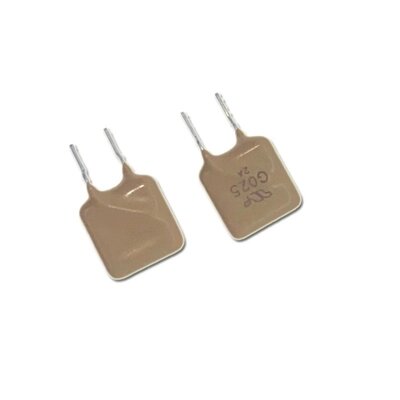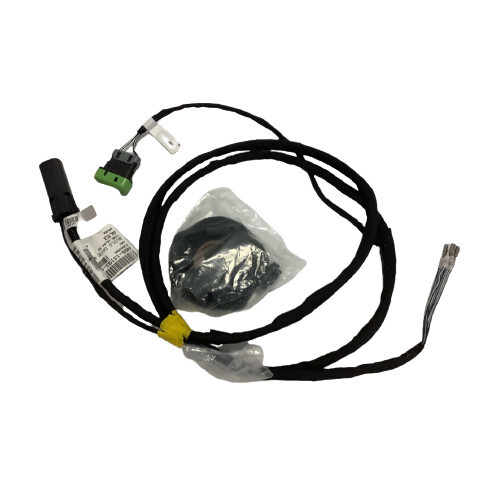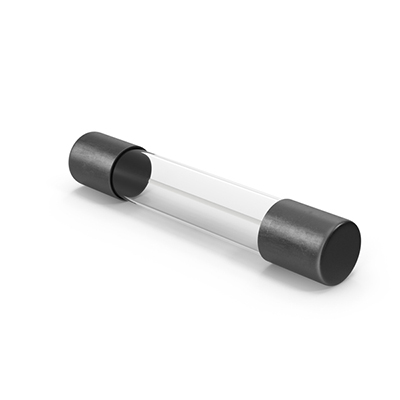Optimal Conditions for Storing Fuses to Safeguard Performance and Mitigate Degradation
News 2025-10-24
Fuses are critical components in electrical systems, protecting circuits from overcurrent and preventing potential hazards. Proper storage is essential to maintain their reliability and functionality over time. Incorrect storage can lead to issues like oxidation or physical damage, compromising performance in applications such as automotive electronics, industrial machinery, and consumer devices. By adhering to specific conditions, users can extend fuse lifespan and ensure they perform effectively when needed, highlighting the importance of controlled environments in electronic component management.

Key Environmental Factors for Fuse Storage
Fuses should be stored in environments with controlled temperature and humidity to avoid degradation. Ideal conditions typically involve temperatures between 10°C and 25°C, as extremes can cause material expansion or contraction, leading to cracks or reduced conductivity. Humidity levels below 50% are recommended to prevent moisture absorption, which might trigger corrosion in metal parts. These factors are particularly crucial in high-stakes scenarios like data centers or medical equipment, where fuse failure could result in costly downtime or safety risks. By optimizing these elements, fuses retain their electrical properties, offering superior performance advantages in demanding applications.
Best Practices in Packaging and Handling
Effective packaging plays a vital role in preserving fuse integrity during storage. Using anti-static bags or sealed containers shields fuses from dust, moisture, and electrostatic discharge, common threats in warehouse settings. Regular inspections and rotation of stock ensure older fuses are used first, minimizing the risk of age-related degradation. In sectors like renewable energy systems or aerospace, where components face harsh conditions, these practices enhance reliability and reduce maintenance needs. Adopting such methods not only sustains performance but also provides a cost-effective way to maximize the utility of fuses in various operational contexts.
Frequently Asked Questions
1. What temperature range is safest for storing fuses?
A temperature range of 10°C to 25°C is ideal to prevent thermal stress and maintain fuse reliability.
2. How does humidity affect fuse performance?
High humidity can cause corrosion and electrical failures, so keeping it under 50% is crucial for long-term storage.
3. Why is packaging important in fuse storage?
Proper packaging protects against environmental contaminants, ensuring fuses remain functional and perform well in critical applications.

